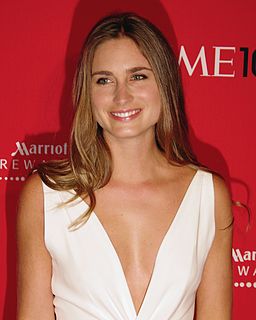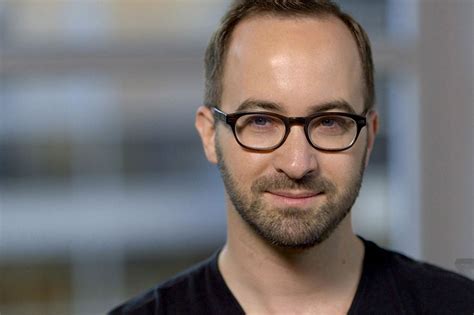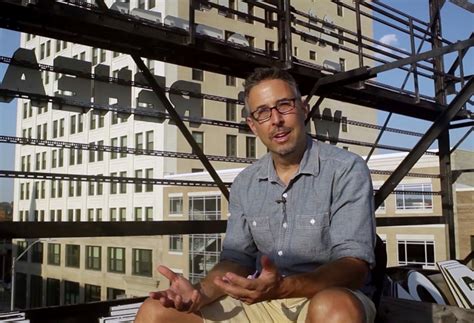A Quote by Jon Ronson
Without sounding too pretentious, I was sort of a slave to the narrative. When the narrative cracks in, I have to go where it takes me. I had to go to the Bohemian Grove. It was the obvious end to the book.
Related Quotes
Because for me to go fully experimental, it would turn into an artist book actually. And I'm not opposed to that. But I wanted to toy with the conventions of traditional narrative and sometimes to do that all the way, you have to actually utilize traditional narrative, I think - or it's one way to do it.
I guess the wildcard here is Terrence Malick. He supervised me while I was writing the script for Beautiful Country, and he is a genius, although not always easy to follow. What I learned from him is that the narrative can be tracked through all kinds of scenes, that the strong narrative thread is not always the one that is most obvious. Creating narrative with Malick was a bit like chasing a butterfly through a jungle. This approach to narrative is fun and complicated, something that makes the process of writing constantly interesting to this writer.
Now, we're used to thinking of communism as being once-upon-a-time-all-things-were-owned-in-common, maybe-someday-this-will-come-again. And people agree that there is a sort of epic narrative going on here. I think we should just throw this narrative out, it's irrelevant anyway, and who cares who owns things? I don't. You know, we all own the White House. So what? I still can't go in, right?
There's some ambient music that doesn't do anything. I wouldn't say that that's narrative. It is narrative in that it creates a sort of world where nothing happens, where really nothing happens, so you become a different person after hearing eight minutes of exactly the same thing. Yes, I hear music all the time in which one idea is strung together to another idea, and I feel that such music is non-narrative.

































